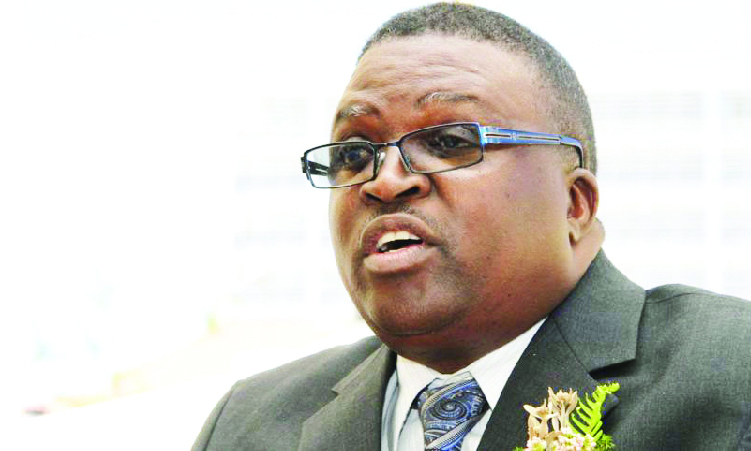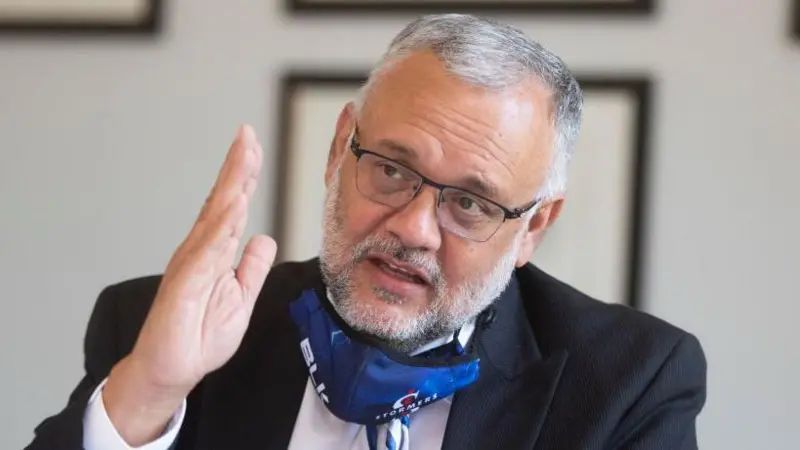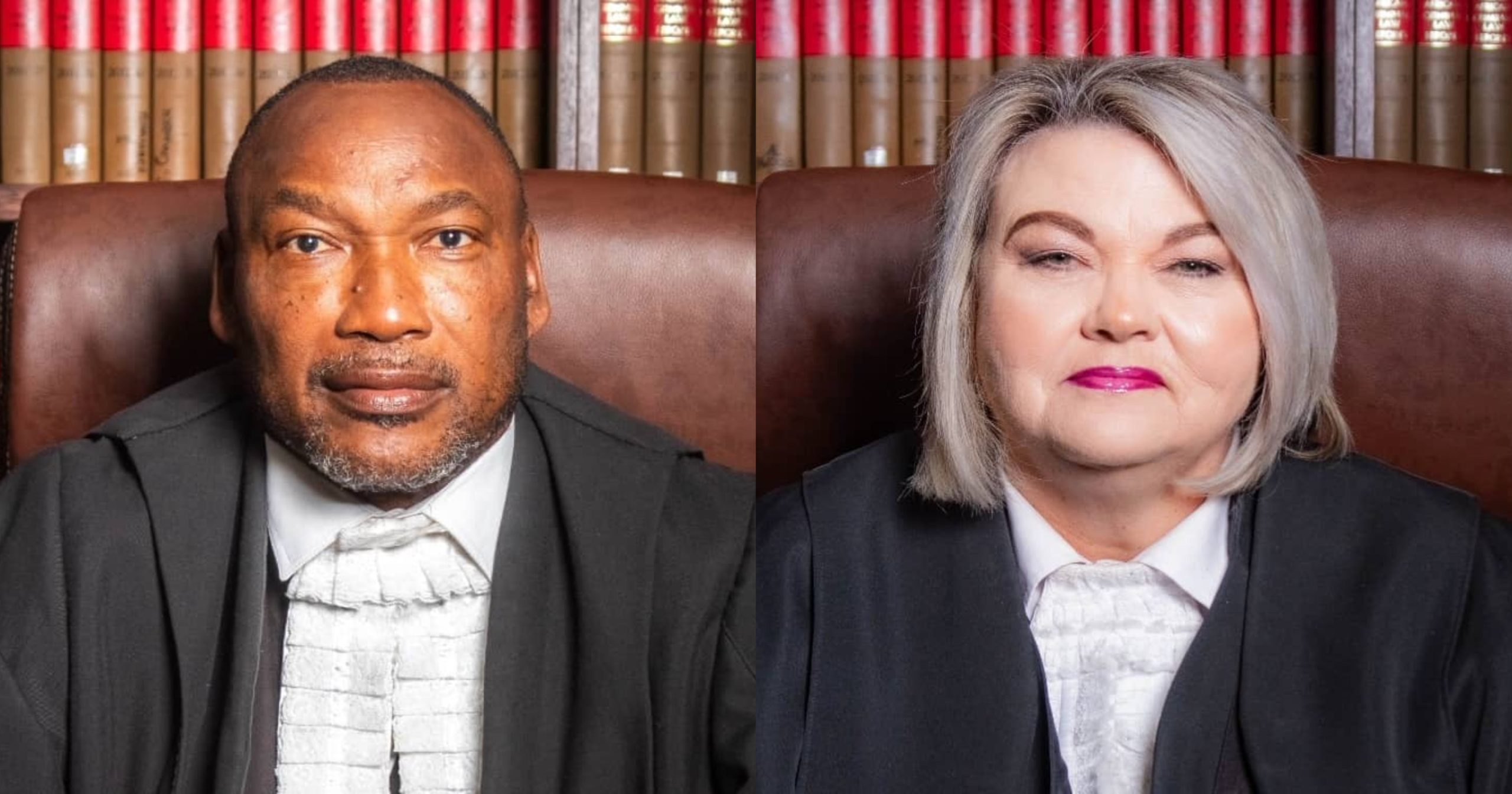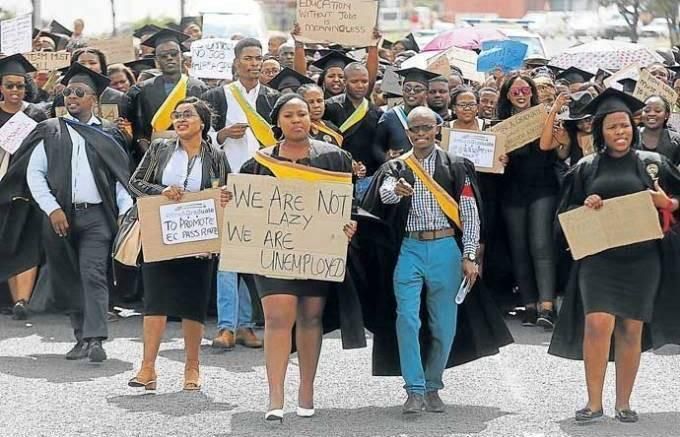The government’s assets are valued at almost N$70 billion so far, with the full amount yet to be determined.
The government has struggled since independence to know the full value of its assets.
The ministries of finance and works and transport have been blasted by auditor general Junias Kandjeke for the lack of a register.
Finance spokesperson Wilson Shikoto told The Namibian on Friday they have been able to establish almost N$70 billion worth of assets so far, but are still counting.
“As of February 2023, the electronic records indicate a total estimated valuation of movable assets at N$20 billion, while immovable assets are at N$47,41 billion,” Shikoto said.
These figures only account for that of all Office of the Managing Agents (OMAs), which has input data about government assets.
“To facilitate this endeavour, the government has introduced an Electronic Asset Register as a component of the Integrated Financial Management System,” he said.
Currently, the two ministries are trying to have full coverage of the entire stock of the government’s immovable assets.
“This undertaking involves conducting physical verifications of government fixed assets, documenting relevant information, capturing Global Positioning System (GPS) coordinates of the buildings and updating the fixed asset register,” Wilson said.
Meanwhile, Kandjeke’s 2022 report on the government’s finances red flagged the lack of an asset register.
“The government of Namibia does not have a registered asset register where all fixed property and vehicles are recorded, thus it would be difficult to determine the number and value of government vehicles and immovable property,” noted the audit report.
Kandjeke advised the finance ministry to ensure that there is an asset register for all government vehicles and immovable property.
“Finance agreed that the government does not have a complete record of its fixed assets. As a result, the Ministry of Works and Transport and the Ministry of Finance and Public Enterprises have embarked on an asset verification project and have assigned a dedicated team to visit all the regions with a view to conduct the identification, verification and registration of all government fixed assets across the country,” the finance ministry responded to Kandjeke.
The ministry also told the auditor general that it and the Ministry of Works and Transport would conduct a joint exercise to capacitate users of the asset registers in OMAs and data for immovable assets will be uploaded in the electronic asset register.
In an update, works and transport minister John Mutorwa in March told the National Assembly the process of verification of fixed assets for the purpose of finalisation of the asset register commenced toward the end of 2020 and is ongoing.
“So far, three regions – Hardap, Oshana and Khomas were successfully covered.
“The process is, however, moving slowly and the ministry has taken a different approach, whereby a team is currently busy conducting consultations with all regional councils and are expected to finalise the process by April 2023,” Mutorwa said.
He was motivating his ministry’s budget.
Economist Omu Kakujaha-Matundu said the lack of a register points to the current government being unaccountable and not a good custodian of people’s assets and resources.
“This is definitely the worst form of dereliction of responsibility and accountability. In a country where corruption is rife, one will wonder how many public properties have not been hijacked since independence.”
Kakujaha-Matundu said it is the responsibility of the Ministry of Works and Transport to account to the people through parliament.
“Mind you, some of those redundant assets can be sold to assist fiscus with much needed revenue. Now, how can the government do that if they don’t have an up to date asset register?”
Stay informed with The Namibian – your source for credible journalism. Get in-depth reporting and opinions for
only N$85 a month. Invest in journalism, invest in democracy –
Subscribe Now!










